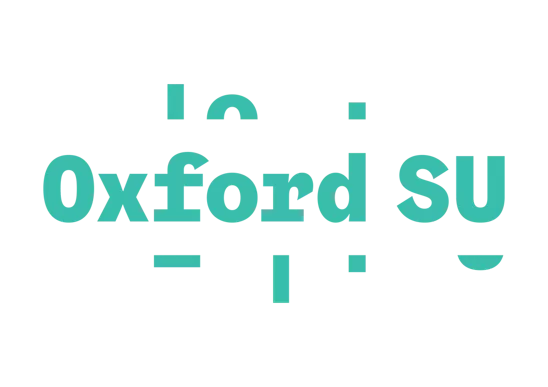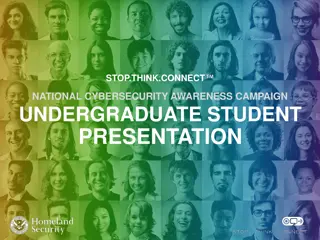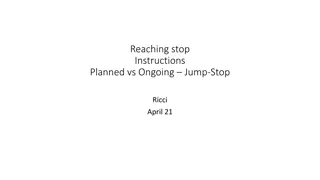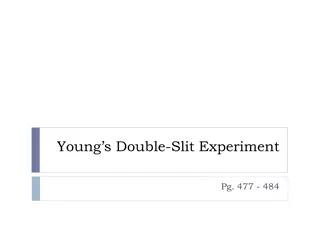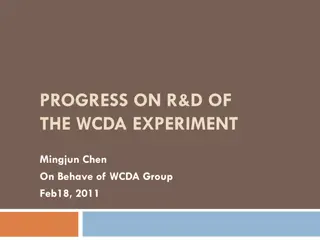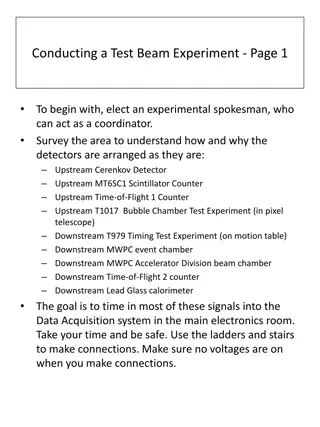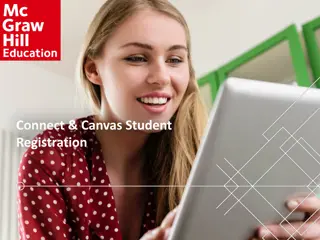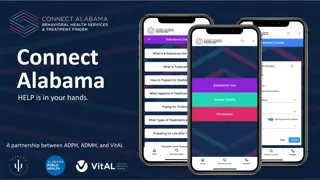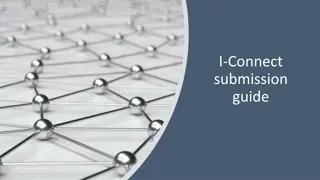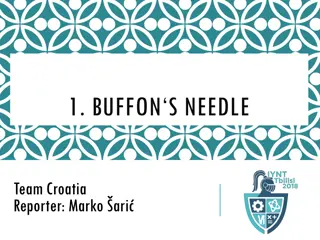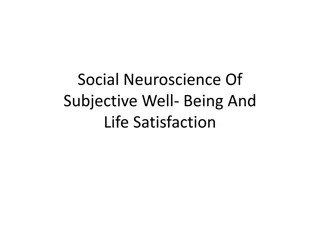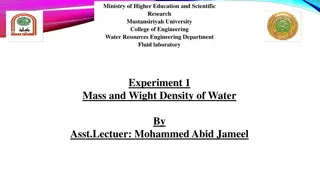Connect and Disagree: A Social Experiment
Find a stranger, discover common ground and fundamental disagreement in 5 minutes. Dive deep to explore differences without judgment. The exercise aims to foster understanding and empathy between unfamiliar individuals.
Download Presentation

Please find below an Image/Link to download the presentation.
The content on the website is provided AS IS for your information and personal use only. It may not be sold, licensed, or shared on other websites without obtaining consent from the author.If you encounter any issues during the download, it is possible that the publisher has removed the file from their server.
You are allowed to download the files provided on this website for personal or commercial use, subject to the condition that they are used lawfully. All files are the property of their respective owners.
The content on the website is provided AS IS for your information and personal use only. It may not be sold, licensed, or shared on other websites without obtaining consent from the author.
E N D
Presentation Transcript
To get started, find someone that you dont know. Introduce yourself and you have 5 minutes to find something that you have in common and 1 thing that you fundamentally disagree on. The deeper, the better. We won t ask you to report back on this part.
Organisational failures with Officers preventing impact/progress Blurring of employment and democracy Lack of outcomes/policy/visibility of 'the work' People & culture we need to invest in and develop high-quality staff team No clarity on relationship and approach with the University Unclear relationship with the Colleges/Common Rooms
Providing individual advice and guidance for students Creating spaces for students outside of their Colleges community building Providing training and support for representatives Representation to the University Being a parental role model for students Academic policy development within the University Providing spaces for representatives to collaborate Ensuring that student priorities are on the University agenda
Wellbeing College Disparities Cost of Living (inc accommodation) Improving & increasing opportunities for representation within the Colleges & University Protecting student rights and safety Local & National Representation government policy Consent & Sexual Violence
Clearer, more public information about what we are doing Better communication with representatives of the Union so that they are aware College based scrutiny for the SU are we providing value for money Clearer, more public information about our finances Published minutes from decision-making bodies Clearer, more public information about trustee board Publish impact & outcomes information Votes of no confidence Officers?
Focus on the things Colleges/Common Rooms can't do (?) Highlight & lessen disparities between Colleges Be the umbrella body for Common Room representation Represent College students to their respective Colleges Facilitate joint campaigns between Colleges and to the University Improve the quality of College representation Facilitate cross-college communities Enact Common Room policy
Have no connection with Common Rooms retain absolute independence Provide negotiation support for individual Common Rooms Train representatives Specific SU representatives to act as bridge between Common Rooms and SU
Centralised information for marginalised groups Forums for marginalised communities to talk about issues affecting them Build communities for minoritised students Better insight/information for representatives Support for existing societies Provide direct representation spaces for students impacted by policy changes Build networks with marginalised groups for policy development & feedback









